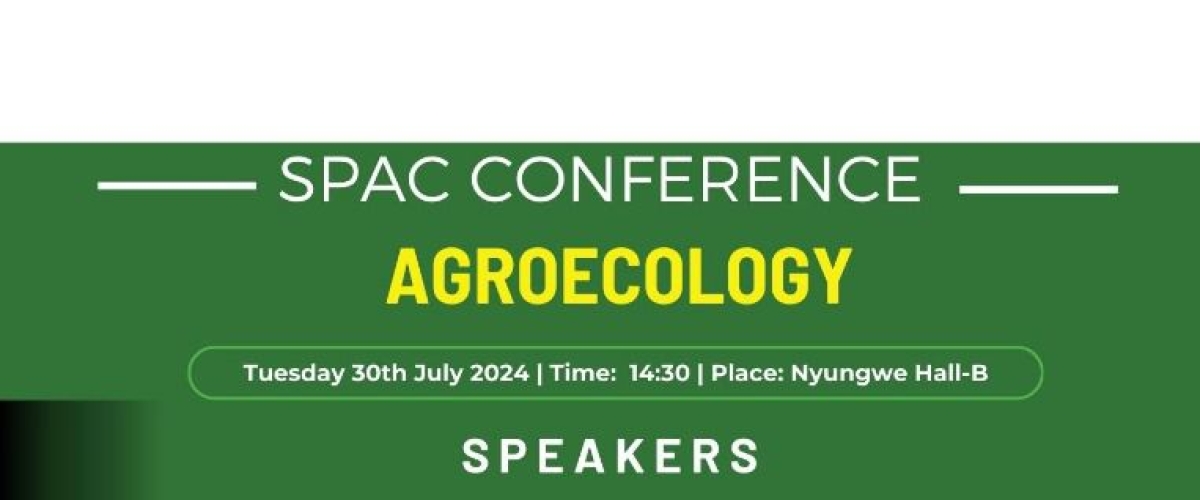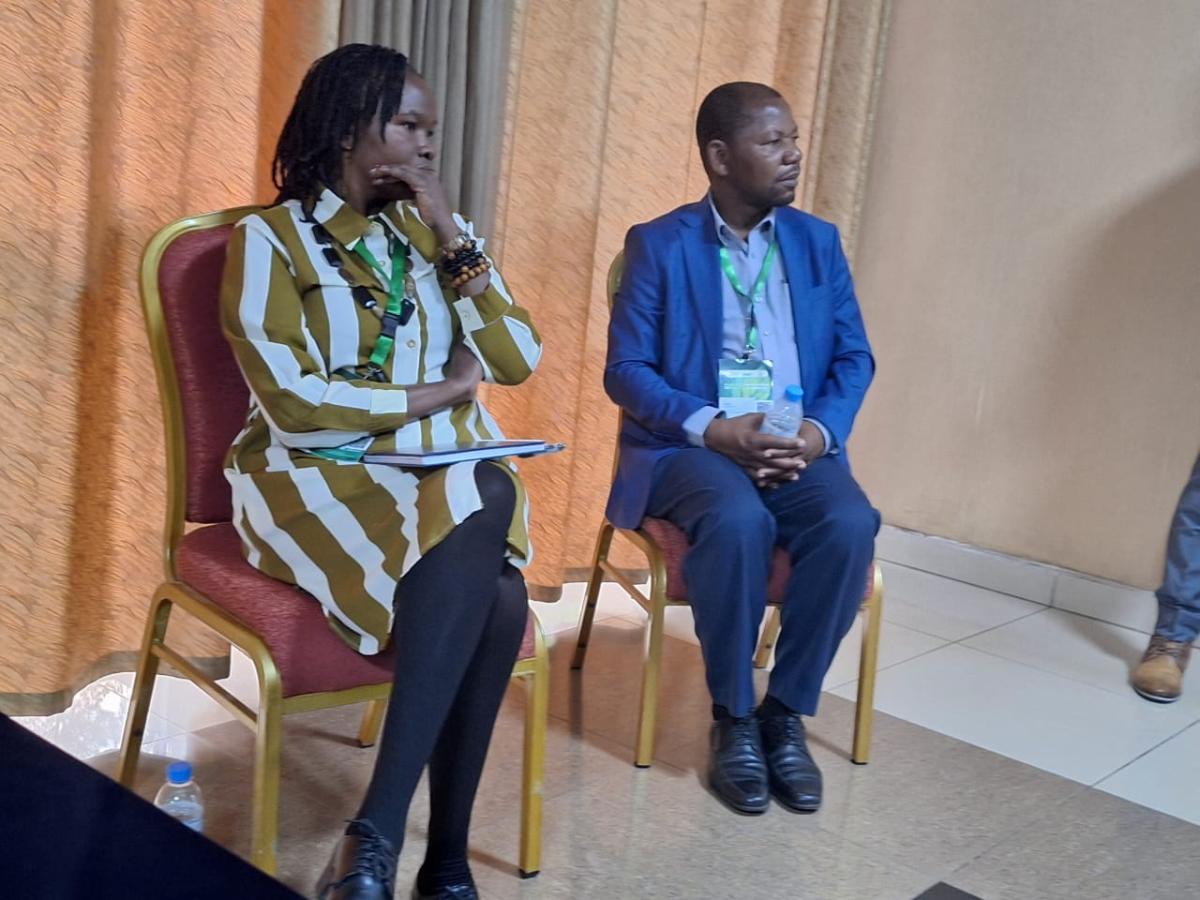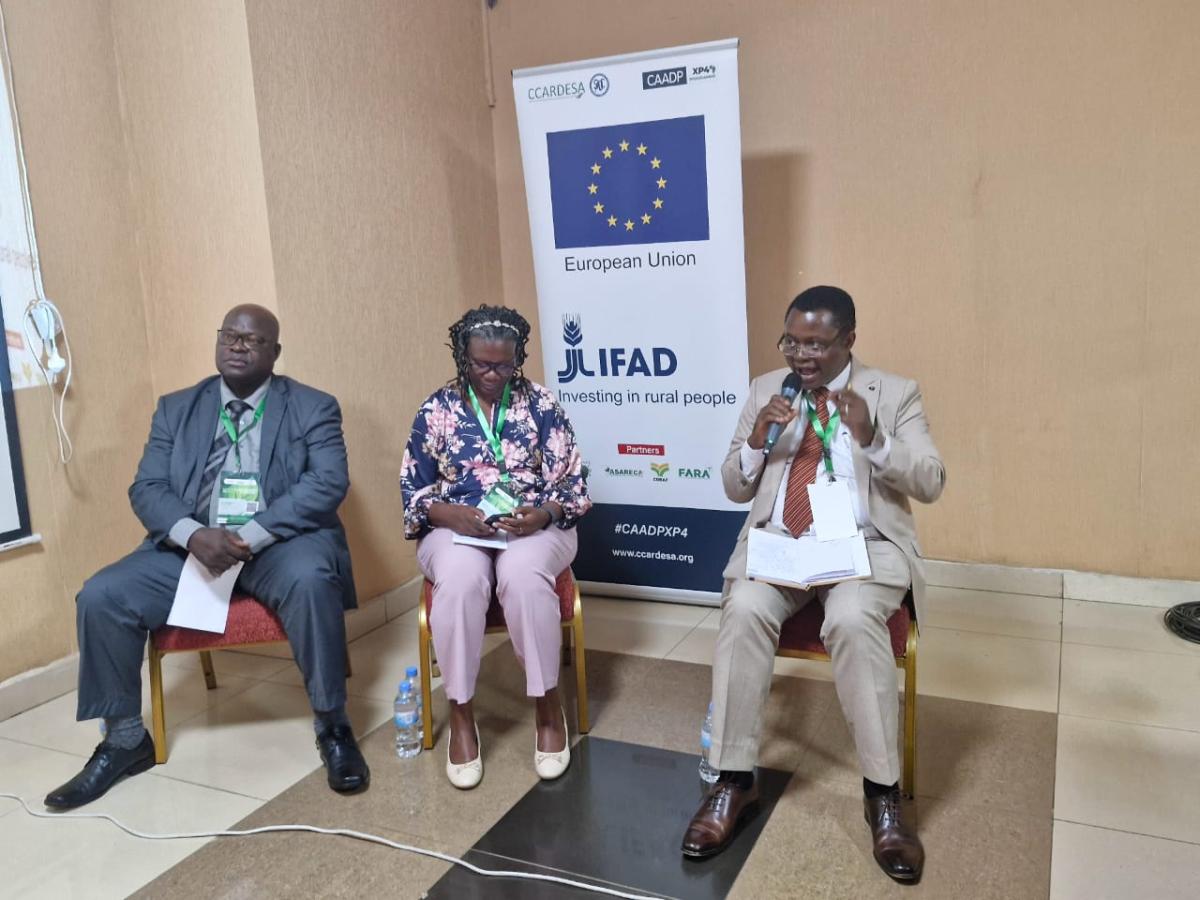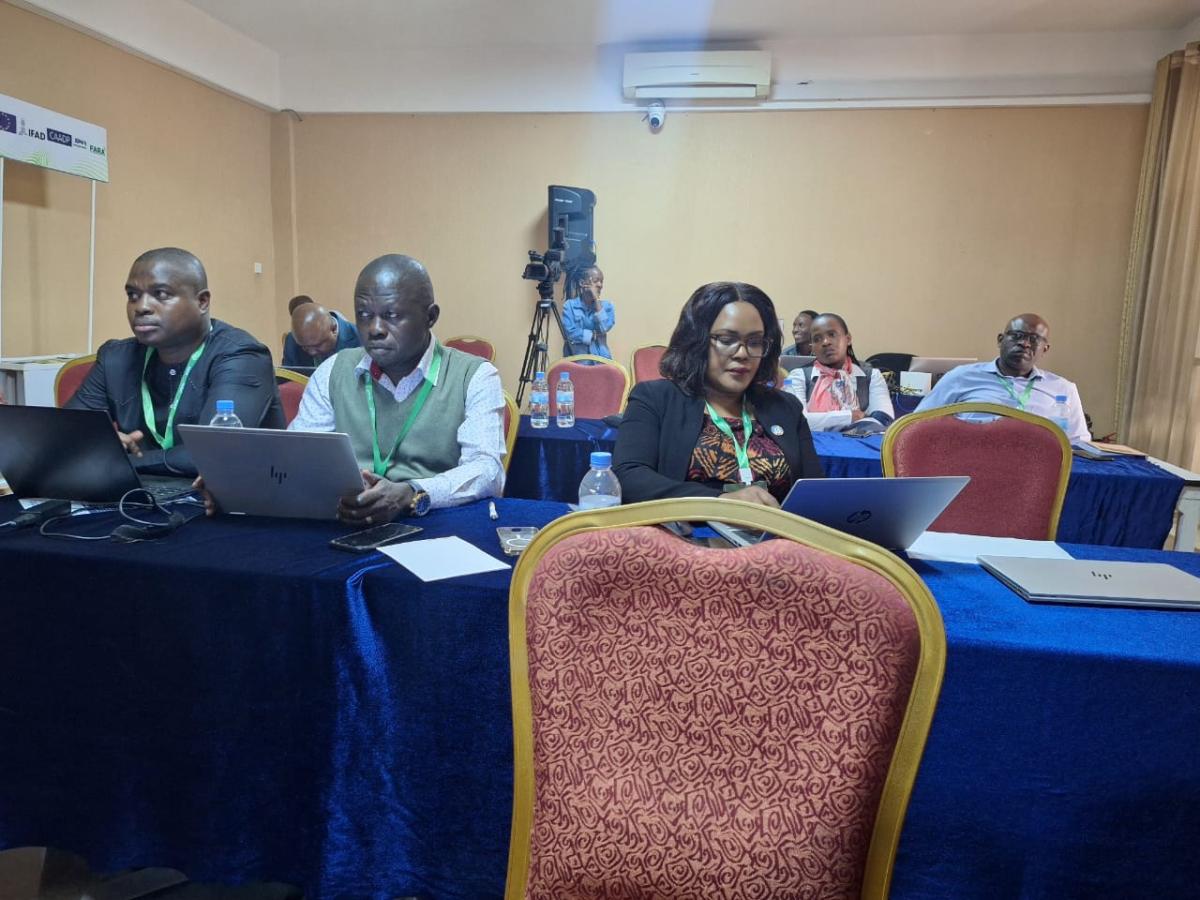
On July 29, 2024, the CAADP-XP4 Consortium, consisting of AFAAS, ASARECA, FARA, CORAF, and CCARDESA, hosted a significant side event on agroecology at the Science and Partnerships Africa Conference in Kigali, Rwanda. This event highlighted the growing importance of agroecology in transforming agri-food systems towards sustainability.
In recent years, agroecology has emerged as a promising approach to balance agricultural production with environmental sustainability. By optimizing ecological processes to provide ecosystem services (ES) instead of relying on external inputs, agroecology offers a holistic approach to promoting sustainable agriculture within economic, environmental, and social systems. The potential benefits are significant, as Prof. Regis Chikowo, who delivered the keynote presentation on demystifying agroecology for African smallholder farmers, highlighted: 'Agroecology aims to enhance food security and improve livelihoods in rural communities.'
Through the CAADP-XP4 programme, various national-level initiatives and partnerships focusing on Climate-Smart Agriculture (CSA) have been supported. Over time, conservation agriculture (CA) has been promoted in the region and is gradually being mainstreamed into national policies. However, efforts to promote agroecology policies and practices among national-level partners, including research institutions, still need to be made. There is an urgent need to evaluate existing agroecology approaches and their compatibility with CA and identify the necessary innovations to promote the best agricultural transformation practices.

Transitioning to agroecology is viewed as a viable approach to mitigate conventional farming's negative impacts on the environment and food system. However, this transition has significant implications for national food security, particularly for African countries striving to meet food production targets. "Dialogue is essential to identify desirable approaches, reconcile strategies, and guide policy and decision-making," emphasized Dr. Patricia Masikati, one of the event's distinguished panelists.

The event featured prominent speakers who shared their insights on the fundamentals of agroecology. Prof. Daniel Aninagyei Ofori highlighted that agroecology integrates nutrient cycling linked to biological interactions and processes. He explained how the integration of legumes facilitates biological nitrogen fixation and enhances nitrogen re-cycling in soils often severely constrained by nitrogen deficiencies. Ms. Violet Nyando added that crop diversity is crucial for increasing soil organic matter, a robust indicator of soil health, leading to improved food and nutrient systems.
However, the discussions also acknowledged the challenges faced in promoting agroecology. Prof Chikowo explained that poor soils can lead to a poverty trap for farmers, as phosphorus-deficient soils result in poor primary productivity and legume growth, stalling agroecology transitions. "It is important to tap into farmers' experiences to enhance the prospects of achieving large successes with agroecological approaches," noted Dr. Shadreck Makombe.
The panel highlighted several action points to advance agroecology. Strengthening research-to-extension linkages, building on Indigenous knowledge, and developing fit-for-environment technologies are crucial. Additionally, identifying sustainable intensification options for effective food systems and gradually transitioning from current farming systems towards agroecology is essential to prevent resistance and promote adoption.
"Rejuvenating soils through context-based processes is vital," emphasized Prof. Chikowo. Engaging policymakers to illustrate the benefits of agroecology is also necessary. The panel recommended that government subsidy programs include diverse seeds to encourage crop diversification rather than focusing solely on maize seeds.
The event concluded with critical recommendations that soil health restoration is essential for sustainable agroecology systems. Strategic crop diversification and enhanced nutrient cycling can break the maize poverty trap. "Government subsidies on agricultural inputs should include diverse seeds to support agroecology," concluded Dr. Masikati.

The CAADP-XP4 Consortium's side event underscored the transformative potential of agroecology in achieving sustainable agricultural practices in Africa. The discussions emphasized the need for innovation, policy support, and stakeholder collaboration to make agroecology a reality. The side event was supported under the CAADP-XP4 Programme, funded by the European Union and administered by the International Fund for Agriculture Development (IFAD).





